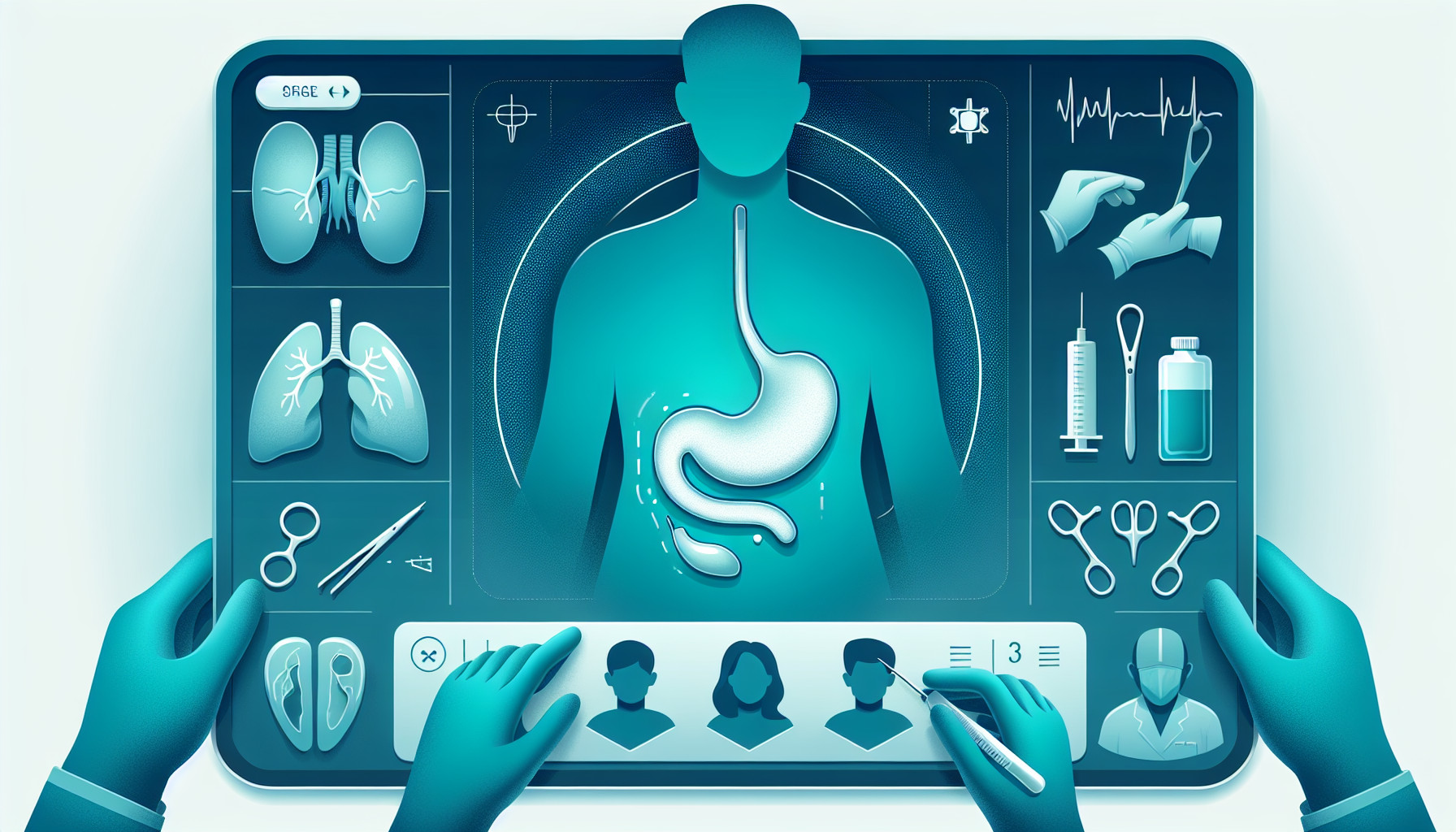Our Summary
This research paper deals with gallstone disease, which is a major health problem in the US. About 10-20% of adults in the country have gallstones, and the number is increasing. The disease is also linked to cancers of the gallbladder, pancreas, and colon. Every year, nearly 750,000 operations to remove gallbladders are performed, costing an estimated $6.5 billion. Also, complications from gallstones and gallbladder disease are responsible for nearly 3,000 deaths annually. Even though a lot of research has been conducted, the risk factors for gallstone disease aren’t completely understood yet. The paper discusses what factors might lead to the disease, how it develops, and how it can be prevented without surgery. This information could help nurses to educate patients and could lead to new ways to prevent the disease.
FAQs
- What is the prevalence of gallstone disease in the US?
- How is gallstone disease linked to certain types of cancer?
- What are some potential risk factors for gallstone disease according to the research paper?
Doctor’s Tip
A helpful tip a doctor might tell a patient about cholecystectomy is to follow a low-fat diet after the surgery to help prevent digestive issues and aid in the healing process. It is important to gradually introduce high-fiber foods back into your diet and to stay hydrated to avoid constipation. Additionally, it is important to follow any medication instructions provided by your doctor and to attend follow-up appointments to monitor your recovery progress.
Suitable For
Patients who are typically recommended for cholecystectomy, or the surgical removal of the gallbladder, include those who have:
- Symptoms of gallstones, such as abdominal pain, nausea, vomiting, and jaundice.
- Complications from gallstones, such as inflammation of the gallbladder (cholecystitis), obstruction of the bile ducts, or pancreatitis.
- Recurrent episodes of gallstone-related symptoms.
- Large gallstones that are causing symptoms or complications.
- Gallbladder polyps that are at risk for becoming cancerous.
- Gallbladder cancer.
- Patients with certain risk factors for gallstone disease, such as obesity, rapid weight loss, a high-fat diet, or a family history of gallstones.
Overall, the decision to recommend cholecystectomy is based on the individual patient’s symptoms, medical history, and risk factors. It is important for healthcare providers to carefully assess each patient and discuss the risks and benefits of surgery before making a recommendation for cholecystectomy.
Timeline
Before Cholecystectomy:
- Patient experiences symptoms such as abdominal pain, bloating, nausea, and vomiting.
- Patient undergoes diagnostic tests such as ultrasound, CT scan, or MRI to confirm the presence of gallstones.
- Patient may be prescribed medication to manage symptoms and prevent complications.
- Patient may be advised to follow a specific diet to manage symptoms and avoid triggering gallbladder attacks.
After Cholecystectomy:
- Patient undergoes surgery to remove the gallbladder, either laparoscopically or through open surgery.
- Patient may experience pain and discomfort in the incision site post-surgery.
- Patient is advised to follow a specific diet post-surgery to aid in digestion and prevent digestive issues.
- Patient may experience diarrhea or other digestive issues as the body adjusts to the absence of the gallbladder.
- Patient may be prescribed medication to manage symptoms and aid in digestion post-surgery.
- Patient may need to follow up with their healthcare provider for post-operative care and monitoring of any complications.
What to Ask Your Doctor
- What is a cholecystectomy and why is it being recommended for me?
- Are there any alternative treatment options for gallstones besides surgery?
- What are the risks and potential complications associated with a cholecystectomy?
- How long is the recovery period after a cholecystectomy and what can I expect during this time?
- Will I need to make any changes to my diet or lifestyle after the surgery?
- Are there any long-term effects or complications I should be aware of after having my gallbladder removed?
- How can I prevent gallstone formation in the future?
- Are there any medications or supplements that can help prevent gallstones?
- How often should I follow up with my doctor after the surgery?
- Are there any warning signs or symptoms I should watch out for after the surgery that may indicate a complication?
Reference
Authors: Pak M, Lindseth G. Journal: Gastroenterol Nurs. 2016 Jul-Aug;39(4):297-309. doi: 10.1097/SGA.0000000000000235. PMID: 27467059
